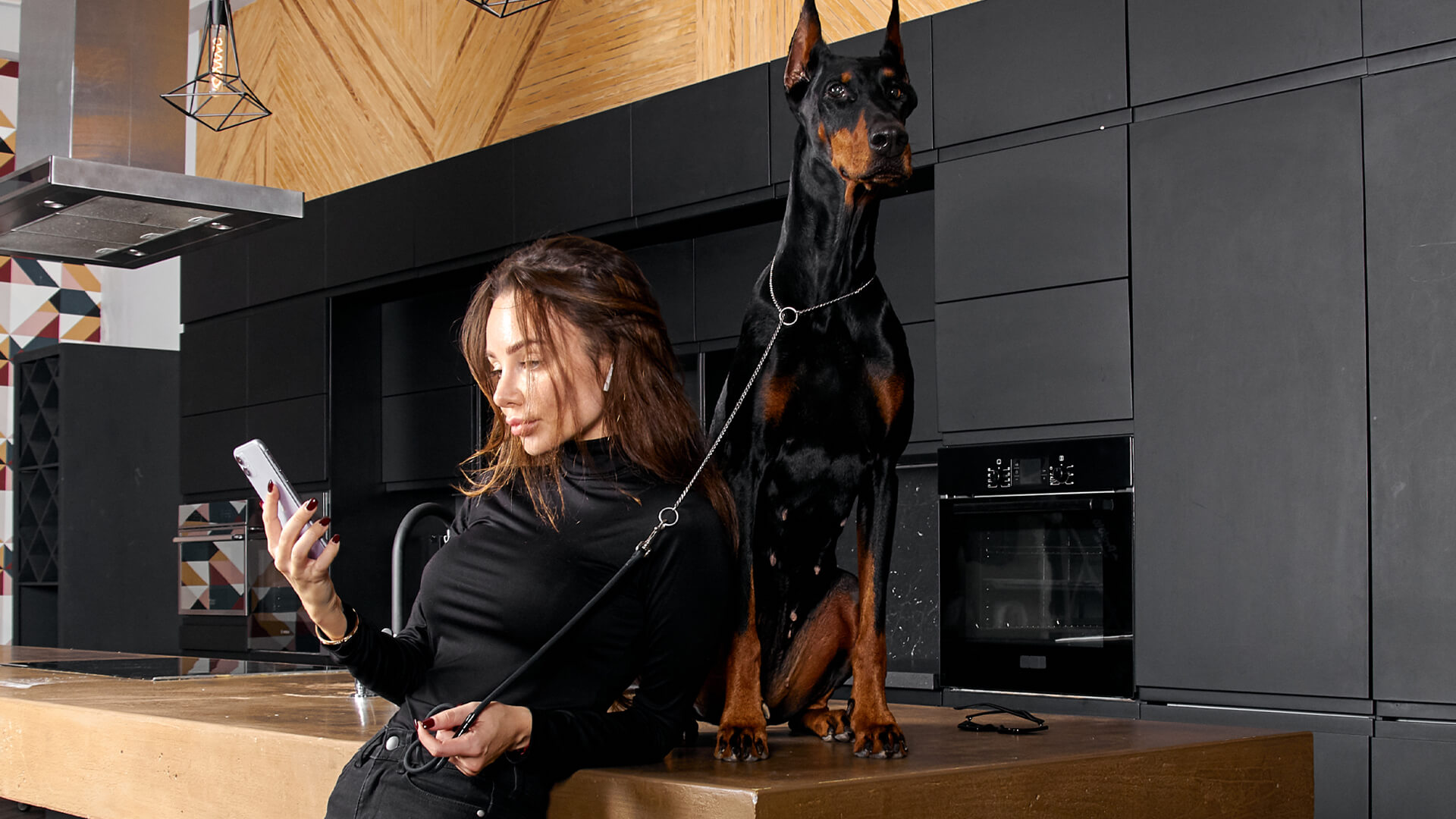Millennials are people born between the early 1980s and mid-90s. They are essentially those who graduated starting in 2000, hence the name.
Also known as Generation Y or Echo Boomers, according to the Metro, they are one of the most socially conscious and technologically adept generations.
What about their shopping habits? If they are so tech-savvy, do they do all their shopping online? Recent research suggests that when it comes to fashion, millennials still prefer the in-store experience. Let’s take a look at why.
Emotional connection
When it comes to creating the optimum shopping experience, high street stores have a huge advantage over online retailers. They can use a wide range of in store media to create the right mood and environment for customers to feel at ease and spend more time shopping.
Whether it is mood music, clever lighting or even a relaxing scent, high street retailers are making the most of the five senses to maximise sales.
Of course, they have also become much more clever at integrating technology into their stores, allowing customers to check and find stock on tablets around the store and also look at peer reviews. This ensures that withdrawal symptoms are kept to a minimum!
What size am I?
The changing and differing dimensions of each UK size bracket also feature heavily as a reason millennials prefer to shop for fashion in store. The ability to physically try on different sizes in different stores is a key driver in their preference to shop for clothes on the high street.
Being able to see and feel the clothes and look closely at labels and in store branding also helps the socially conscious millennial to decide if the store provides products that fit with their morals and ethics.
Millennials are far more ecologically aware than previous generations, and the slightest whiff that a store uses unsustainable products can be enough to switch some youngsters off.
As millennials continue their journey up the career ladder and have more and more disposable income, they will drive future demand in the retail industry. It is clear that, at least for now, their loyalty still lies with the personal touch a high street store can provide.




